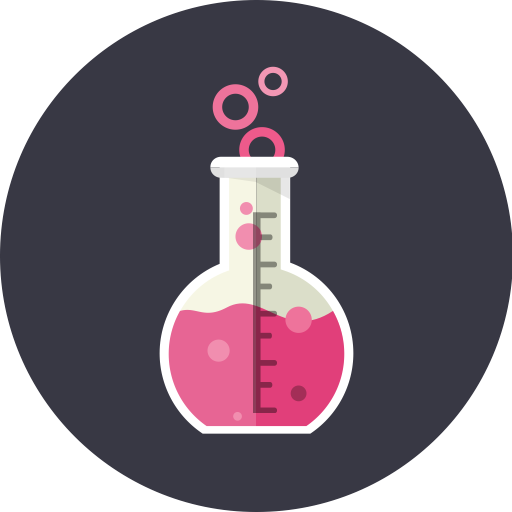New Advances in Triple Negative Breast Cancer Treatment Offer Hope for Patients
Major pharmaceutical companies AstraZeneca, Daiichi Sankyo, and Gilead have unveiled promising trial results that could transform the outlook for patients with triple-negative breast cancer — one of the most aggressive and difficult-to-treat forms of the disease.
The new data, presented at the European Society for Medical Oncology (ESMO) this weekend, show meaningful improvements in both survival and disease-free progression for tens of thousands of patients who have exhausted other treatment options.
A Breakthrough in Hard-to-Treat Cancer
Patients with triple-negative breast cancer represent roughly 10% to 20% of breast cancer diagnoses. The subtype lacks the three key receptors — estrogen, progesterone, and HER2 — that many targeted therapies rely upon, making it exceptionally resistant to standard treatments.
AstraZeneca and Japanese partner Daiichi Sankyo reported that their experimental drug Datroway improved overall survival by 23% and extended the time patients lived without disease progression by 43% compared with chemotherapy.
“These results show an outstanding opportunity to expand treatment to more patients,” said David Fredrickson, AstraZeneca’s Executive Vice President for Oncology. “It’s been an exceptional year — five of our ten positive late-stage trials have been in breast cancer.”
AstraZeneca’s oncology sales climbed 16% year-on-year in the first half of 2025, and Fredrickson said he expects the division to contribute roughly half of the company’s $80 billion revenue target by 2030.
Enhertu and the Push for Earlier Treatment
AstraZeneca and Daiichi Sankyo also announced new success for their widely used breast cancer therapy Enhertu. In earlier-stage patients, one of two studies reported a 3-year disease-free survival rate of 92%, compared with 84% with the most common treatment regimens.
The results could accelerate efforts to expand patient access across health systems. Although Enhertu is approved for late-stage disease, it remains unavailable to many NHS patients in England, despite being offered in Scotland and other countries. Fredrickson urged a “modernization” of NHS evaluation methods to give more weight to end-of-life value and patient quality of life.
Gilead and Lilly Join the Fight
Gilead Sciences also presented encouraging data for its breast cancer therapy Trodelvy, showing a 38% reduction in the risk of disease progression or death compared with chemotherapy. Median survival extended to 9.7 months versus 6.9 months under standard treatment.
Meanwhile, Eli Lilly’s Verzenio extended survival by nearly 16% in certain high-risk early breast cancers compared with traditional options, suggesting broader applicability across cancer subtypes.
Implications for Patients and Investors
The surge of data in 2025 marks a turning point in the global race to improve triple-negative breast cancer treatment. For patients, the results could translate into longer survival, earlier interventions, and fewer relapses. For investors, the momentum underscores why oncology remains one of the fastest-growing segments in global pharma portfolios.
With multiple companies reporting life-extending results in just one weekend, oncologists are calling it the most encouraging moment for triple-negative breast cancer patients in a decade.

